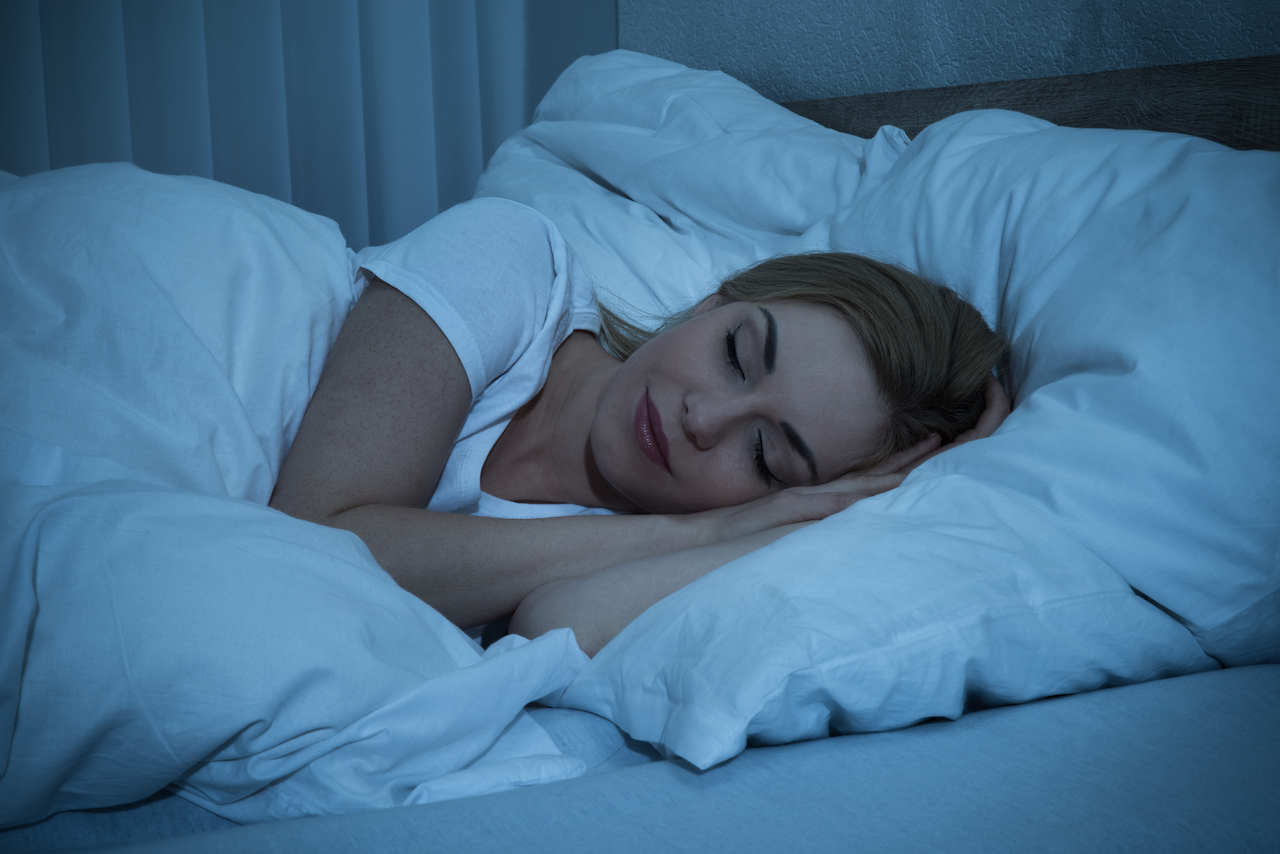Night shift work. How to sleep properly?
Work at night? You don’t have to be a distinct “lark” or “owl” to understand that our internal clock never coincides with the clock that works in the generally accepted 24-hour day system. But for those people who work night shifts, such work also disrupts their internal clock, or the body’s circadian rhythm. This can have negative effects on their sleep and health. How to reduce this risk?

Effects of the night shift on health
Scientists have extensively studied the health risks of night shift workers due to disrupted sleep-wake cycles. Their findings are not encouraging: night shift work increases the risk of diabetes, heart disease and obesity. If a person does not sleep enough, the balance of hormones that regulate our appetite and metabolism is disrupted. The real danger is that even when eating a healthy diet, this hormonal imbalance can still lead to obesity and diabetes.
The burden of night work on the body is significant, and several studies suggest that such work can significantly accelerate the biological aging of workers compared to those with normal working hours. This can be explained by the body’s ability to repair DNA damage and regenerate normally, which is affected by night shift work. The opinion has also been expressed that people after 50 should therefore no longer work at night in order to protect their health.
Is it possible for night shift workers to stay healthy?
Night work may not be as stressful for younger people as it is for older people. However, in a long-term commitment to this work model, it is essential to find ways to successfully combine night work and a healthy lifestyle.
The key to staying healthy while working the night shift is definitely a special sleep regimen that everyone should discover and apply individually.
Quality sleep is the foundation of health, and we know that adults need about seven to nine hours of sleep to feel good. Working at night forces you to fight with the natural rhythm of life, trying to stay awake when the body is programmed to sleep, to recover physical and mental strength. Depriving the body of its natural right to sleep, we must consider the consequences.
How should night shift workers avoid sleep deprivation and sleep disorders due to their work?

The main recommendations of sleep specialists:
* sleep – allocate seven to nine hours of sleep after each night shift. Unfortunately, sleep during the day is usually shorter and of lower quality. Perhaps many are only able to sleep for three or four hours after a night shift, then feel able to spend the rest of the day awake, and in the evening they fall asleep again. Everyone should find the most suitable option for him individually, how to compensate for the lack of sleep;
* ensure good conditions for sleep – ensure that the bedroom is quiet, as dark as possible (thick, blackout curtains), with an optimal temperature for sleeping. Earplugs can be used to keep out daytime noises;
* refrain from eating and stimulants – before going to bed it is not advisable to have a hearty meal – just a light snack, but you should drink well. Drinking alcohol, smoking before going to bed can harm the quality of sleep;
* don’t stay awake in bed – if you can’t fall asleep, you shouldn’t “toss and turn” in bed, it’s better to get up and do something: read, work, do a hobby, etc.;
* take a nap – nap should become an essential part of the day, taking a nap before starting work and, if possible, also during a break. The duration of Diendusa should not exceed 45 minutes.
Attention should be paid to sleep disorders – difficulty falling asleep, waking up at night, feeling unwell and sleepiness during the day. Even if a person seems to sleep well, but feels sleepy during the day, it is worth consulting a sleep specialist.

Other effective strategies for improving sleep
* Control the lighting. Turn on the maximum brightness during work – it will make you feel cheerful. On the other hand, when going home, put on sunglasses. Do not watch TV or use other electronic devices before going to bed.
* Monitor your diet. Try to maintain an even and regular meal plan. Eat small portions regularly, have the main meal before the start of the shift. Choose easily digestible products, but avoid fried, spicy foods and sugar. Take enough water. Bring home-made healthy snacks for the night shift (vegetable salad, some kind of sandwich, cookies, fruit, yogurt, kefir, etc.). The last time to eat is some time before going to bed.
* Be careful with coffee. If used carefully, coffee can be invigorating and help you get through work. However, using inappropriate doses can cause digestive disorders, sleep problems, etc. It was found that it is best to drink coffee several times during work, drinking a small cup at a time, rather than “drinking” a large amount at the beginning of the shift. You should stop drinking coffee six hours before going to bed.
* Exercise. You should exercise even if you are tired. For a night shift worker, a more favorable time for exercise is early evening (5-10 p.m.), not during the day. It is believed that temperature, along with light, can also regulate the body’s circadian rhythm, which can be disrupted when working night shifts. For example, a cold shower or bath in the evening could start the circadian rhythm and increase energy and heat production, thus preparing for the next night shift.
Stress and relaxation
One of the physiological changes caused by the disruption of our internal clock rhythm is the disruption of melatonin production. Melatonin is not only a sleep hormone; it is also an antioxidant. Antioxidants are substances that can protect cells against free radicals that can contribute to heart disease, cancer and other diseases. A disrupted circadian rhythm interferes with melatonin production, not providing the body with enough compounds important for cell protection. However, as a sleep hormone, melatonin helps you relax and fall asleep, so it is essential for a good night’s sleep and rest.
Research on REM sleep (rapid eye movement sleep, or dream sleep) has found that it is the stage of deep sleep that we need to restore our emotional balance. But night shift workers don’t get as much REM sleep as they need, increasing the risk of irritability and mood disorders.
Therefore, not only all the above recommendations, but also natural remedies with a calming effect will help you to sleep better – and, accordingly, to a better quality of life. Medicinal plants such as lemon balm, valerian, valerian, thyme, chamomile, lavender, etc. can help you relax from stress and anxiety and fall into a healthy sleep more easily.
Product made in Latvia for good sleep
In addition to traditional herbal remedies, you can also try modern preparations. The Latvian pharmaceutical company Lotos Pharma, in cooperation with specialists, has developed Good Sleep Spray and Good Sleep Caps capsules for sleep with melatonin and plant extracts. Good Sleep Spray is the first under-the-tongue sleep aid, the passionflower plant in its composition has a sedative effect and helps maintain mental relaxation and healthy sleep. On the other hand, the melatonin in the composition helps to reduce the time needed to fall asleep* and helps to relieve the feelings associated with the disruption of the circadian rhythm**

** The beneficial effect is achieved by taking at least 0.5 mg of melatonin on the first day of the trip shortly before going to bed and for the first few days after arriving at the destination.
